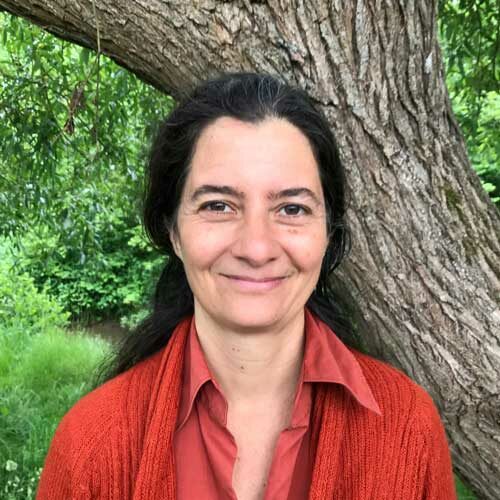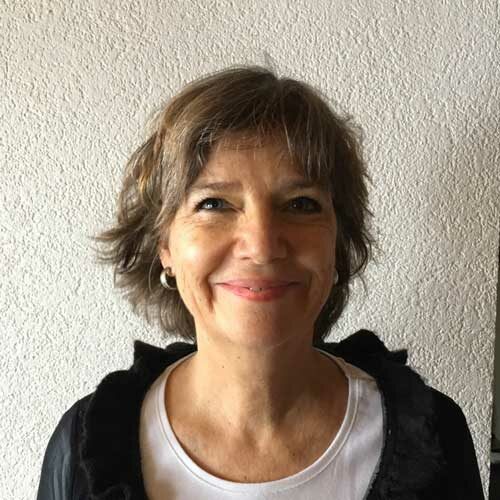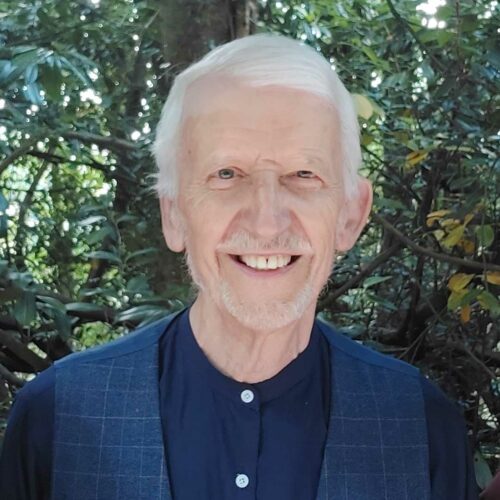It has been a distressing and disorienting time for many of us, and to different degrees. Following recent political events in the US and Western Europe our practice is being challenged in new ways. Spurred by a Trump victory, violent attacks on individuals in marginalized groups are on the rise. The three poisons of Greed, Hatred, and Delusion are increasingly infecting political discourse and behavior.
What relevance can a Buddhist practice possibly have in this context? How can we work together to protect the most vulnerable in our sanghas and broader communities – including people of colour, immigrants, our Muslim and Jewish brothers and sisters, and LGBTQ folks? How can we open to and work with the reasonable fear, anger, and grief that is arising for many of us? How might we embrace fear and extend love to one another as a guiding ethic?
In this session, Brian helps us to navigate this terrain towards Love, with an ancient map – the Noble Eightfold Path. We explore the relevance of this tradition for the unprecedented terrain in which we find ourselves, and how it might help us to work together to alleviate the suffering that we and many others are struggling with right now. Brian speaks as a white cisgender male with layers of privilege, and will address how to deconstruct, be accountable for, and leverage privilege for the benefit of others.







Discussion